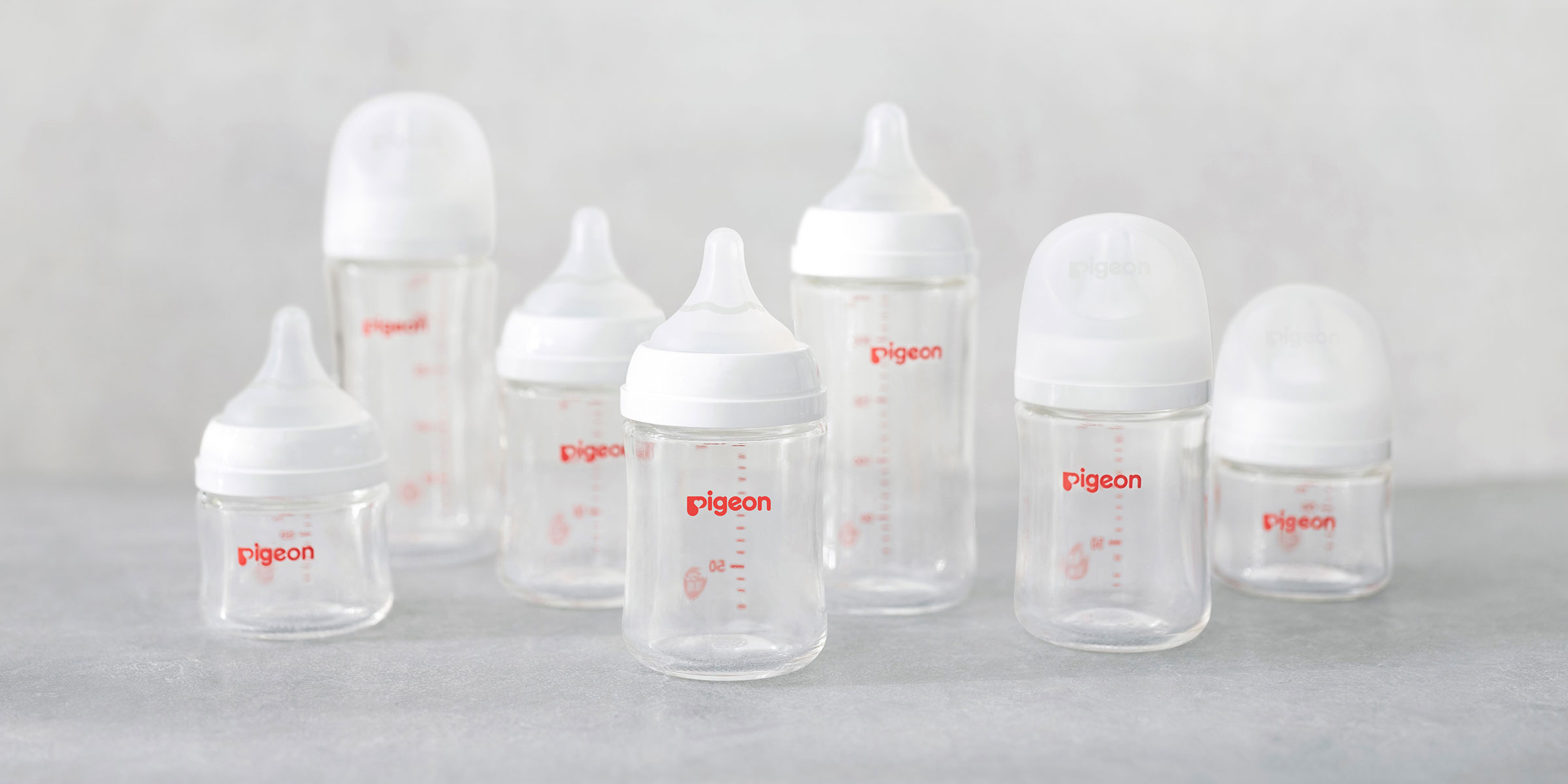Challenge
Enduring quality has been recognized by many families looking after the health of their babies. Founded in Japan in 1957, Pigeon has become established as a respected baby care products company. Pigeon’s brand promise is “Celebrate babies the way they are,” and the company provides products and services that support babies and families around the world. Pigeon products are now sold in more than 70 countries. Its trademarks and other intellectual property rights are registered in more than 100 countries.
A wide variety of features are required in a nursing bottle. In addition to allowing a baby to drink as naturally as possible, the product has an easy-to-use and washable shape, is made of material that can be disinfected for repeated use, and is durable. Pigeon has pursued the optimal functionality required of nursing bottles, while in the 1950s they printed cute illustrations on nursing bottles for the first time in the Japanese market. The idea of “things that help make parenting fun” was created in a childcare product that had been focused solely on functionality.
Pigeon began exporting its nursing bottles in 1966. As its products became widely adopted across Asia, Pigeon had started to build overseas factories and began manufacturing nursing bottles to the quality standards it had set in Japan. This began with the setting up of a subsidiary in Singapore in 1978. By this time, Pigeon had built up an 80% share 2 of the domestic market for nursing bottles, while in 2004, Pigeon began offering its products into US and European markets, following its acquisition of Lansinoh Laboratories, Inc. as a subsidiary in the US.
Pigeon has continuously incorporated the themes of the times into its product development. This has included researching the patterns of babies’ drinking, inventing a new teat to allow babies to make more natural feeding motions, and adopting materials to reduce environmental impact. Pigeon’s dedicated approach to designing products for babies and families is supported by babies and families all over the world, with nursing bottle sales growing by a factor of 13 since the turn of the century, and the brand has become number one in both domestic and world markets.
In 2000, counterfeit products began to be found in retail stores. As consumers gradually began to shift their purchasing behavior to online shopping, counterfeit products also began to be found online in e-commerce sites, from around 2010. Pigeon required a response to these sellers of fake products.
Solution
After finding counterfeit products on e-commerce sites, Pigeon decided that a strategic approach was needed, involving a revision to its intellectual property strategy. The company had previously focused primarily on acquiring rights, but it made a major shift to emphasize the utilization of those rights.
Junpei Fukuyasu, manager of the Intellectual Property Rights Group, Legal Department, Corporate Strategy Division, described that time, “We had acquired rights to an extent as a preventive measure against counterfeits, but simply possessing those rights was not enough to deter the production of counterfeit products. We had also been conducting administrative seizures from factories that manufacture counterfeit goods, but this is costly. We were looking for something that was simpler and more effective than administrative action, and we found OpSec’s brand protection solution.”
OpSec Marketplaces: comprehensive monitoring and enforcement in multiple countries and on multiple online marketplaces to effectively detect and enforce against sellers of counterfeit goods.
“There is a saying, “experts know best.” We asked OpSec Security for online brand protection, and they have been helpful in increasing our removal rate over the past 5 years. However, counterfeit manufacturing and sales techniques are constantly evolving, so continuous monitoring and the presence of skilled analysts are essential. We will continue to cooperate and strengthen our countermeasures.”
Junpei Fukuyasu, Manager of the Intellectual Property Rights Group, Legal Department, Corporate Strategy Division at Pigeon Corporation
Pigeon deployed the OpSec online brand protection platform and services to gain visibility of type and number of infringements, from counterfeiters active on major Asian e-commerce sites (such as Shopee and Lazada) to smaller local e-commerce sites. OpSec targets its marketplace monitoring by reproducing the Internet environment and product listings of a typical consumer, based on the country or region that is being monitored. This highlights the products and sellers that are most likely to be seen by consumers and allows the team to target subsequent interventions most effectively.
Pigeon was able to reduce its workload by outsourcing to OpSec the preparation of complex documents and removal filings for counterfeit products, which differ between each e-commerce site. This has enabled them to successfully operate a more efficient anti-counterfeiting program in accordance with their comprehensive intellectual property management strategy.

Results
Counterfeit baby care products, particularly those involving direct contact with the baby, pose obvious health risks to families. In 2022, Pigeon worked with OpSec to enforce against more than 2,800 counterfeit product listings, achieving a 93% compliance rate. Aside from keeping families safe, this approximates to $2.17 million of sales value not lost to fakes, increased sales of genuine products in the Asian distributor network, and it has reaffirmed the trust and integrity behind the Pigeon brand.

